From Beginner to Pro: A Comprehensive Guide to Starting Your Web Development Career
Web development is an exciting and rapidly growing field that offers a wide range of career opportunities. With the increasing demand for web developers, it’s a great time to start a career in this field. In this blog post, we’ll discuss how to start a career in web development from basic to advanced levels.
Step 1: Choose a Programming Language.
The first step in starting a career in web development is to choose a programming language. There are several popular programming languages for web development, including HTML, CSS, JavaScript, PHP, Ruby, Python, and many more. You can choose any language that interests you and that you’re comfortable with.
Step 1: Choose a Programming Language.
The first step in starting a career in web development is to choose a programming language. There are several popular programming languages for web development, including HTML, CSS, JavaScript, PHP, Ruby, Python, and many more. You can choose any language that interests you and that you’re comfortable with.
HTML and CSS are essential languages for web development as they are used to create the structure and design of web pages. JavaScript is used for dynamic behavior and interactivity, while PHP, Ruby, and Python are used for server-side scripting.
Step 2: Learn the Fundamentals
Once you’ve chosen a programming language, it’s time to start learning the fundamentals. You can begin by learning the basic syntax, data types, and control structures of your chosen language. You can also learn about variables, functions, and objects.
There are many resources available online to help you learn the fundamentals of web development. Some popular resources include Codecademy, W3Schools, and Udemy. You can also read books or take online courses to gain a deeper understanding of the concepts.
Step 3: Learn a Framework
After you’ve learned the fundamentals of web development, the next step is to learn a framework. A framework is a pre-built set of tools and libraries that makes it easier to develop web applications.
There are several popular frameworks for web development, including Angular, React, Vue.js, Laravel, Ruby on Rails, Django, and many more. You can choose a framework that’s appropriate for your chosen programming language.
Frameworks help you save time by providing pre-built code for common web development tasks, such as handling user authentication, data validation, and database integration. They also provide a consistent structure for your code, making it easier to maintain and update.
Step 4: Build Your Own Projects
After you’ve learned the fundamentals and a framework, it’s time to start building your own projects. Building your own projects is an excellent way to apply what you’ve learned and gain practical experience.
You can start by building simple projects, such as a static web page or a simple web application. As you gain more experience, you can move on to more complex projects, such as a social media platform or an e-commerce website.
Building your own projects will help you develop your problem-solving skills and learn how to work with other developers. It will also give you a portfolio of work that you can show to potential employers.
Step 5: Network and Collaborate
Networking and collaborating with other developers is an essential part of starting a career in web development. You can join online communities, attend meetups and conferences, and collaborate on open-source projects.
Networking will help you learn from other developers, discover new tools and technologies, and find job opportunities. Collaborating on open-source projects is an excellent way to gain practical experience and build your portfolio.
Step 6: Get a Job
After you’ve gained enough experience and built your portfolio, it’s time to start looking for a job. You can apply for web development jobs through online job portals, social media, and networking.
When applying for web development jobs, make sure to highlight your skills and experience in your resume and cover letter. You can also include a link to your portfolio or personal website.
Conclusion:
starting a career in web development requires dedication, patience, and a willingness to learn. By choosing a programming language, learning the fundamentals, mastering a framework, building your own projects, networking, and collaborating, you can gain the skills and experience necessary to succeed in this field.
It’s important to remember that web development is a constantly evolving field, and staying up to date with new technologies and trends is crucial for success. With the right mindset and a commitment to lifelong learning, you can start a rewarding career in web development and become a valuable asset to any team or organization.

